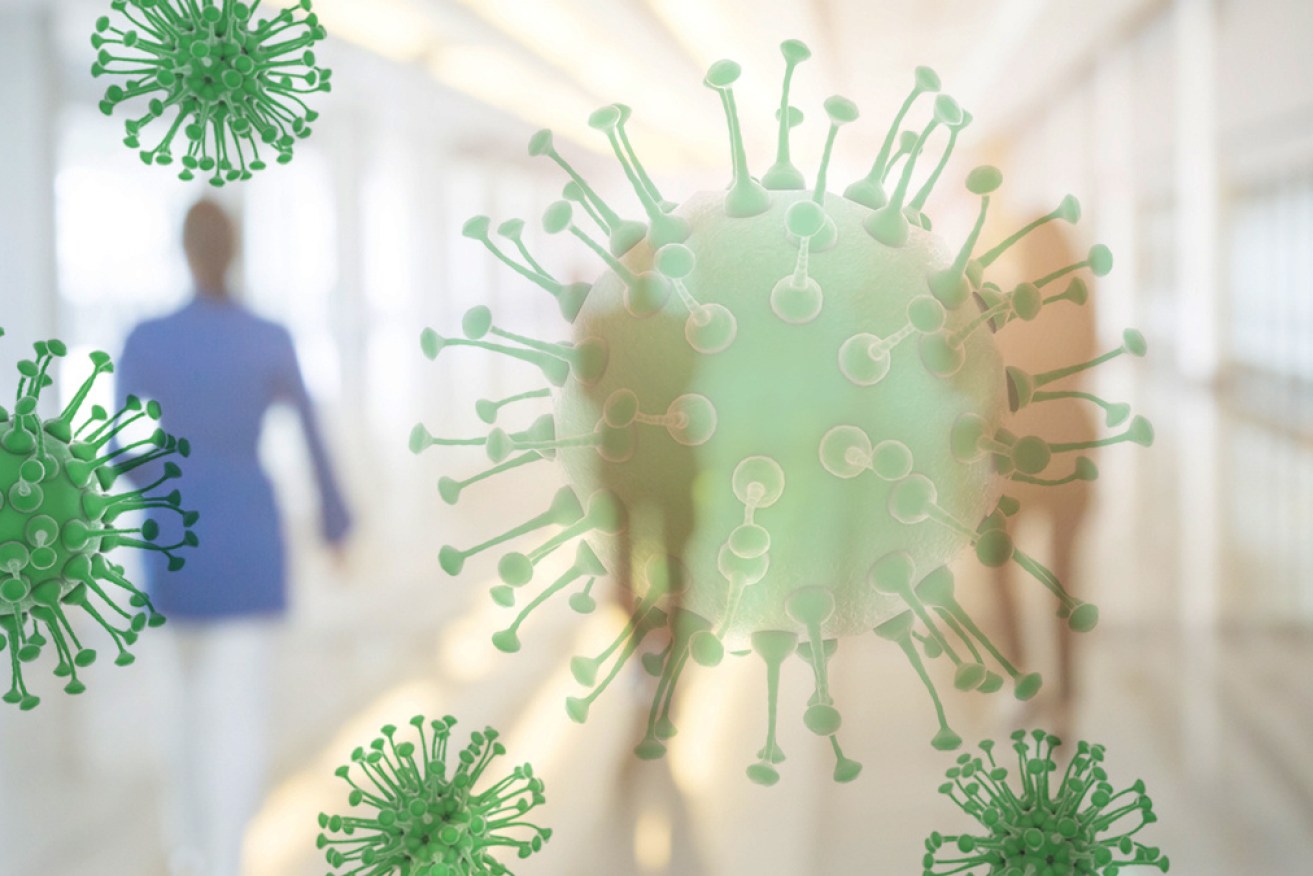‘Herd immunity’ won’t save us, but it might help us get back to work


Countries are beginning to work out if immunity means some will go back to work.
Some countries hit hard by coronavirus are investigating if herd immunity could help those infected by COVID-19 re-enter the workforce and live normal lives.
But as Australia’s coronavirus case numbers pass 6000, viral experts warn that ‘immunity passports’ allowing people to return to work would likely be of little use.
In the United States, the Centres for Disease Control and Prevention (CDC) has begun conducting blood tests to see if people have been exposed to the coronavirus without showing symptoms.
The tentative idea is that those who have had the virus will be immune to it, and could go back to their normal lives, attending school and going to work.
“We’re just starting to do testing and we’ll report out on these very quickly,” Joe Bresee, deputy incident manager for the CDC said.
“We think the serum studies will be very important to understand what the true amount of infection is out in the community.”
In Germany, researchers are preparing a study of more than 100,000 volunteers to determine if any are already immune to COVID-19.
To track the progress of the virus, the tests will be repeated in larger numbers and, depending on the results, it may mean that certain areas of the country could reopen.
Students could go back to school and those with jobs could return to work.

In the US and Germany, those who have had COVID-19 may be able to return to work soon. Photo: AAP
Research leader Gerard Krause, head of epidemiology at the Helmholtz Centre for Infection Research in Braunschweig, said those who have recovered could potentially be given an ‘immunity passport’ to travel freely.
“Those who are immune could be issued with a kind of vaccination pass that would, for example, allow them to exempted from restrictions on their activity,” Dr Krause said.
But University of Melbourne epidemiologist Kathryn Snow said we need to be careful when considering so-called herd immunity.
“I guess the first thing to say is it’s really important to be clear about herd immunity as a side effect – a thing that naturally happens – rather than herd immunity as a strategy, which is what the UK was talking about,” she said.
For herd immunity to work, lots of us would need to catch the virus, likely flooding our health system, and resulting in more deaths.

Vaccinations protect more than the individual, they promote the “herd immunity” of the entire community.
“What they’re saying is, ‘let everyone catch it and it will be fine’, and that’s absolutely not true,” she said.
It is a good side effect, but it’s not a control strategy. It’s something that will just happen, a small silver lining.’’
But we have used immunity to help with outbreaks in the past.
During the worst Ebola outbreak, some patients who recovered then volunteered to help in hospitals, she said.
“This has been done with Ebola,” Dr Snow said. “In the West African outbreak, some people who recovered actually went and worked in the hospitals.
“Because obviously for the average person, you have to be very brave.
“But if you have had it and recovered, you’re pretty safe, so some of those people acted as volunteers.”
But importantly, there are still a lot of things about COVID-19 we don’t know, like how long immunity will last, and how accurate the tests are, she said.
“There are two things that will be important.
“First, how reliable the test for immunity is.
“Second, how strong is our immunity. If this was a strain of flu, we would know so much more about our immunity.
“We don’t know with this virus yet how strong the protection is going to be, how good the test is, and how strong the immunity is.”
Would it work here?
Australia’s recovered case numbers are currently too small to be much of an impact, said Professor Emeritus Gerry Fitzgerald, a public health expert from the Queensland University of Technology.
“When you think about it in Australia, we would be looking at over 2500 people now,” Professor Fitzgerald said.
“Which, in a country of 25 million, is not a significant contribution to the workforce.
“While the principle is that people who have had the disease will be immune, and we assume they are, we’re not sure it’s a good thing they would be free return to work.”
But if we did implement a ‘back to work’ policy for those who had recovered, the easiest way would for them carry a letter around, he said.
“It sounds OK in theory and clearly individuals could obtain a letter of clearance to say they have recovered, and that would entitle them to go back to work,” he said.
“To set up an administrator would seem cumbersome. It may be well, that if you have recovered you can carry something around, like a letter from the doctor.”








